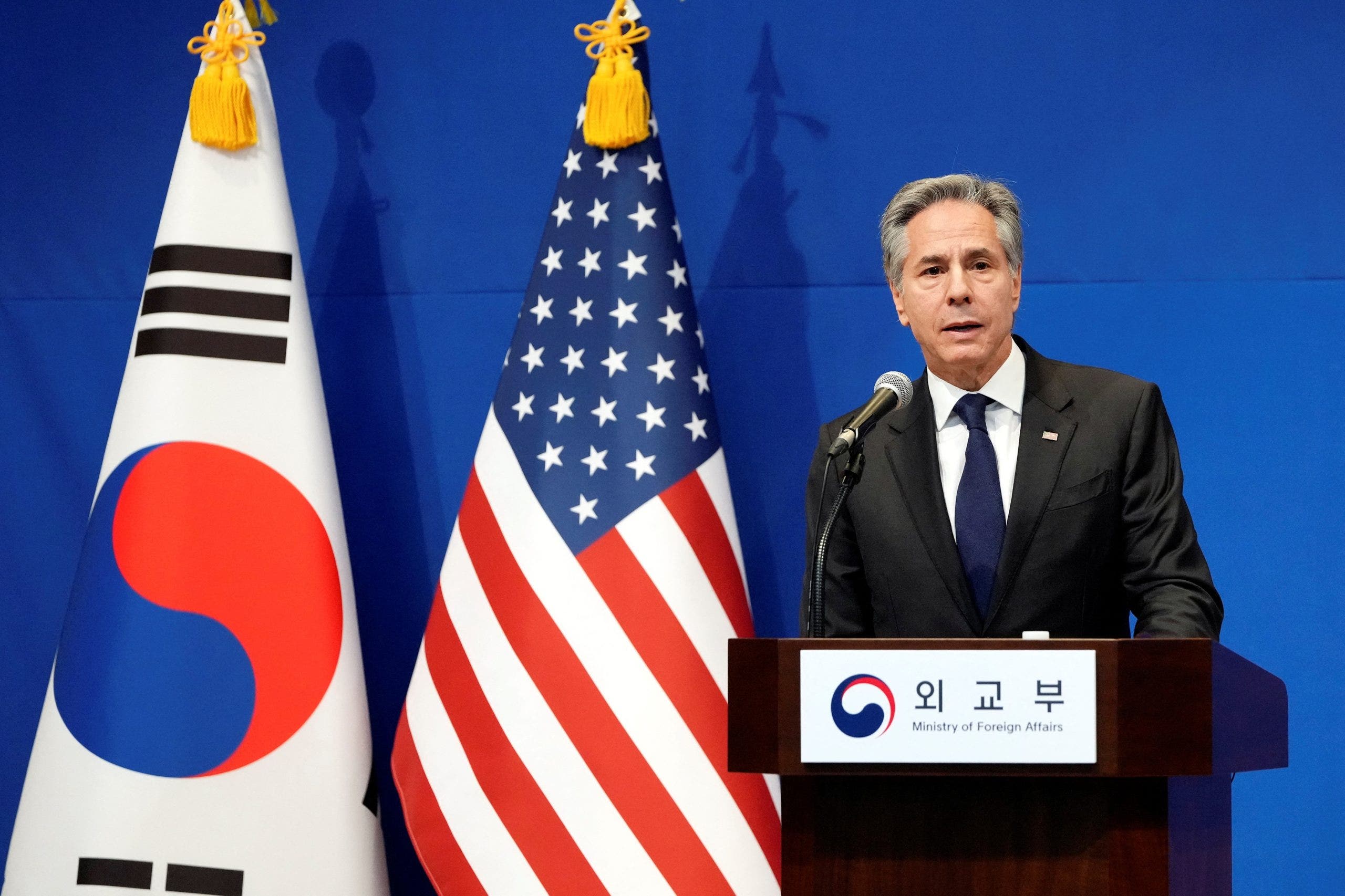Russia to share advanced satellite technology with North Korea, Blinken warns

Russia is planning to share advanced satellite technology with North Korea, a move that has raised concerns and warnings from Secretary of State Antony Blinken. Blinken, while in Seoul, expressed his concerns about Moscow’s intentions to provide Pyongyang with space and satellite technology, which could potentially allow North Korea to identify targets and aim strikes at adversaries, including the U.S.
North Korea, which already possesses an estimated arsenal of 50 nuclear weapons, recently fired a ballistic missile into the Sea of Japan, further escalating tensions in the region. This comes as President-elect Donald Trump is set to take office, adding to the uncertainty and volatility in the region.
Blinken’s visit to Seoul was part of his efforts to address the North Korean nuclear threat and strengthen alliances with South Korea and other key partners. He also plans to meet with officials in Japan, France, Italy, and the Holy See to discuss strategies for dealing with the growing threat posed by North Korea.
The potential sharing of satellite technology with North Korea would come after North Korea provided Russia with troops and arms to support its war on Ukraine. This raises concerns that Russia may be shifting its stance on denuclearizing North Korea and could be moving closer to accepting North Korea’s nuclear weapons program.
Russia previously assisted North Korea in launching its first successful satellite in 2023, and has also launched Iranian satellites into orbit, showcasing its growing capabilities in space technology. Additionally, there have been warnings about Russia’s anti-satellite capabilities and its development of a nuclear weapon designed for space, which could have significant implications for global communications, commerce, and national security.
North Korean leader Kim Jong Un has vowed to implement his “toughest” anti-U.S. policy and has criticized the Biden administration for strengthening ties with South Korea and Japan. With Russian support and a lessened enforcement of international sanctions, Kim may be less inclined to engage in talks with the U.S. and could pose a greater challenge to international efforts to denuclearize the Korean Peninsula.
It remains to be seen how the incoming Trump administration will address the growing threats posed by North Korea and its allies. Trump has previously questioned the cost of maintaining U.S. troops in South Korea and has called for Seoul to increase its own defense contributions. The future of U.S. alliances in Asia and the approach to dealing with North Korea will be key issues for the new administration to address.
Overall, the potential sharing of advanced satellite technology with North Korea by Russia raises serious concerns about the implications for global security and stability. It underscores the need for continued diplomatic efforts and international cooperation to address the growing threats posed by North Korea and its allies.




